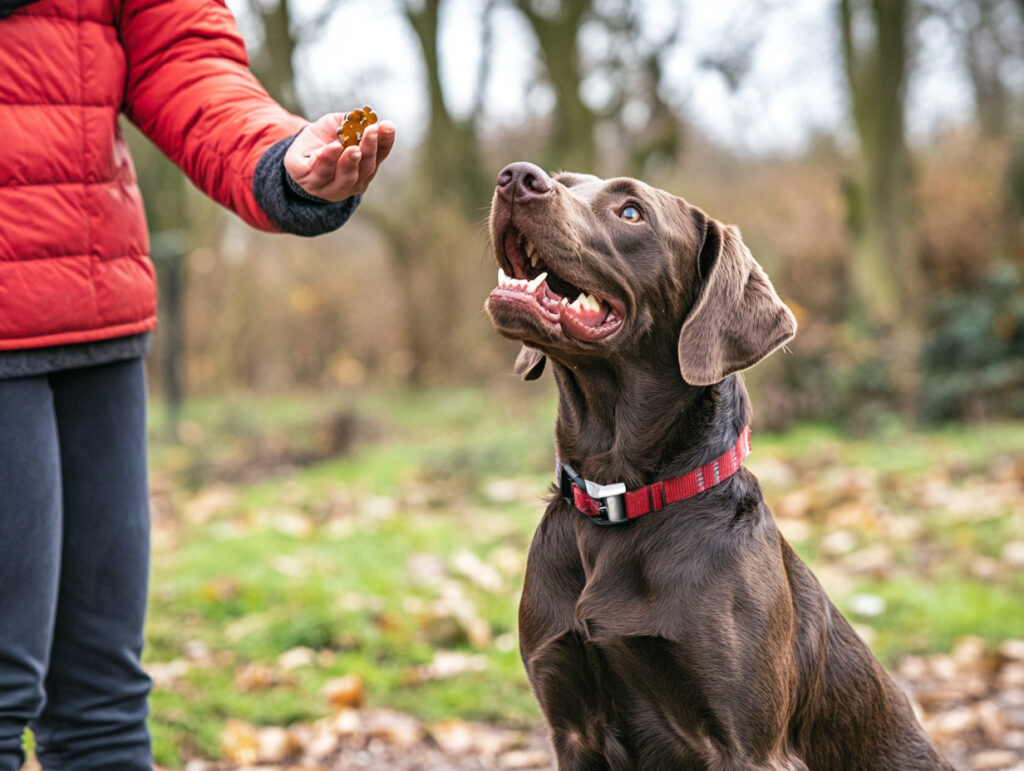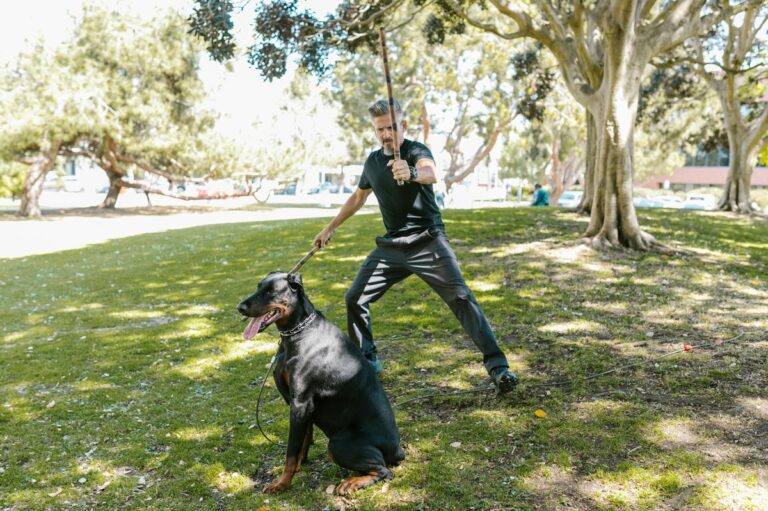5 Reasons Why Shouting at Your Dog Is Ineffective
When your dog misbehaves—chewing furniture, ignoring commands, or barking non-stop—it’s easy to lose patience. But raising your voice or shouting might not be the solution you think it is. In fact, yelling can do more harm than good. Dogs don’t understand human anger the way we do, and harsh tones can confuse or even frighten them. Here are 5 reasons why shouting at your dog is ineffective, and what you should try instead.
1. It Damages Trust

Shouting at your dog doesn’t teach—it scares. Dogs thrive in environments where they feel safe and supported. Yelling creates fear, not understanding, which can weaken the bond between you and your dog. A fearful dog is less likely to respond to your cues or feel secure enough to learn from you.
2. Dogs Don’t Understand Tone Alone

While dogs are good at picking up on tone, they don’t understand why you’re shouting. They may react to your loud voice with confusion or stress, but they won’t associate the shouting with the behavior you’re trying to correct. This makes yelling an unclear and ineffective form of communication.
3. It Can Lead to Anxiety or Aggression

Constant shouting can cause some dogs to become anxious, withdrawn, or even aggressive. Over time, they may develop nervous behaviors like pacing, hiding, or barking excessively. In more extreme cases, it can contribute to fear-based aggression, especially if the yelling feels unpredictable.
4. It Teaches Them to Fear You—Not Respect You

Effective training builds mutual respect, not fear. A dog who fears punishment may obey temporarily to avoid yelling, but this isn’t real learning. Positive reinforcement—rewarding good behavior with praise or treats—builds trust and helps dogs understand what you expect in a healthy, lasting way.
5. There Are Better, Proven Training Methods

Modern dog training focuses on positive reinforcement, redirection, and consistency. These approaches are not only more humane—they’re also more effective. Calmly redirecting bad behavior and rewarding good behavior helps dogs learn faster and feel more secure in their environment.
Patience Is More Powerful Than Volume

Shouting may feel instinctive in the heat of the moment, but it rarely leads to better behavior. Instead, it can create fear, confusion, and long-term trust issues. By using calm, consistent training and positive reinforcement, you’ll not only raise a well-behaved dog—you’ll strengthen the bond that makes your dog truly part of the family.







